
The Steering Committee
The running and development of the Facility is overseen by the FSF Steering Committee. This is a panel of six people comprising the Facility Director, NCEO Divisional Director for EO Instrumentation and Facilities (EOIF), and four experts from the UK remote sensing community, whose details are presented below. Among other things the Steering Committee exist to review applications for use of Facility equipment, to monitor output from the Facility (research, reports, software products), and to provide advice to the Director of NERC Services and Facilities on all aspects of the operation of the Facility.

|
Name: Dr Angela Harris Role: Chair of FSFSC Information: Angela is a Lecturer in the School of Environment, Education and Development at the University of Manchester. Her research interests focus on the innovative application of remote sensing for monitoring the impact of environmental change on vegetation communities, and to improve our understanding of ecosystem physical processes, particularly in climatically sensitive northern peatland ecosystems. She is interested in the novel use of Earth observation data across a range of temporal and spatial scales, which range from the collection of laboratory and in situ field spectroscopy data to the analysis of airborne and satellite imagery. |
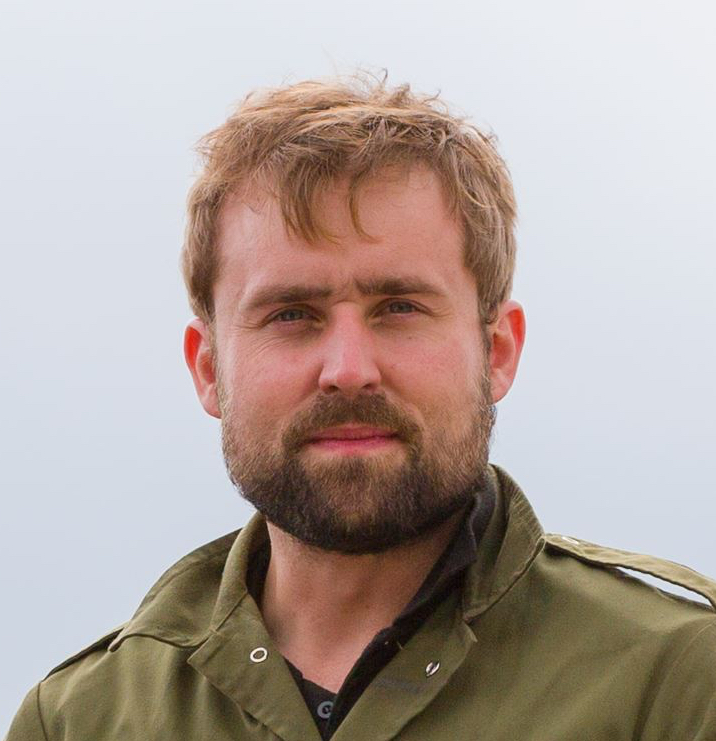
|
Name: Dr. Steven Hancock Role: Director of FSF Information: Steve is a lecturer in 3D environmental data capture. Steve's research concentrates on developing methods to measure vegetation structure with remote sensing instruments and using those measurements to better understand climate, weather and ecological processes |
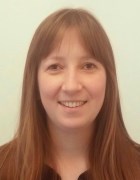
|
Name: Dr Emma Tebbs Role: Member of FSFSC Information: Emma Tebbs is a Lecturer in Physical Geography at King's College London. She has expertise and interests in the application of Earth Observation technology to issues of biodiversity conservation and sustainable development. Her research focuses on the remote sensing of aquatic and terrestrial ecosystems. |
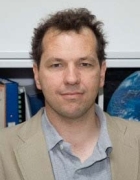
|
Name: Prof. Martin Wooster Role: Director of NCEO EO Instrumentation & Facilities Information: Professor Martin Wooster's research focuses on theoretical and applied Earth Observation science, including the linking of EO-derived information to environmental models. He is a PI in the NERC National Center for Earth Observation and satellite EO data is the primary tool, but NERC-supported ground-based and airborne methods such as VIS/NIR and LWIR spectroscopy and are also used, most commonly to develop, optimise and validate new methodologies and products. Much of his research utilises thermal remote sensing approaches, and has included the development of a number of operational 'real-time' EO systems supporting wider science investigations. |
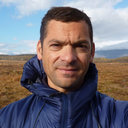
|
Name:Dr Charles George Role: Centre for Ecology and Hydrology Wallingford Information: Charles George currently works at the Centre for Ecology and Hydrology Wallingford, Centre for Ecology & Hydrology. Charles does research in Biogeography, Geoinformatics (GIS) and Remote Sensing. |
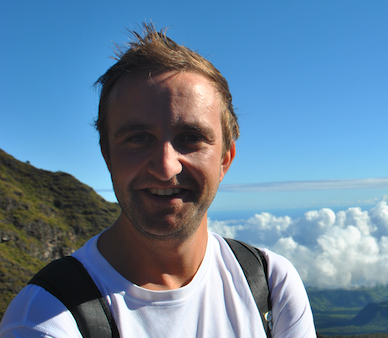
|
Name:Dr Tim Arnold Role: Senior Lecturer, University of Edinburgh and National Physical Laboratory Information: Tim has a joint position between the National Physical Laboratory in London and the University of Edinburgh. The National Physical Laboratory is the UK's National Measurement Institute, which is responsible for traceability, accuracy and consistency of measurement from fundamental science through to delivery of services. At NPL Tim works in the Emissions and Atmospheric Metrology group - a team of 20+ scientists helping a range of organisations and companies quantify gaseous and particulate emissions important to climate and air quality. |
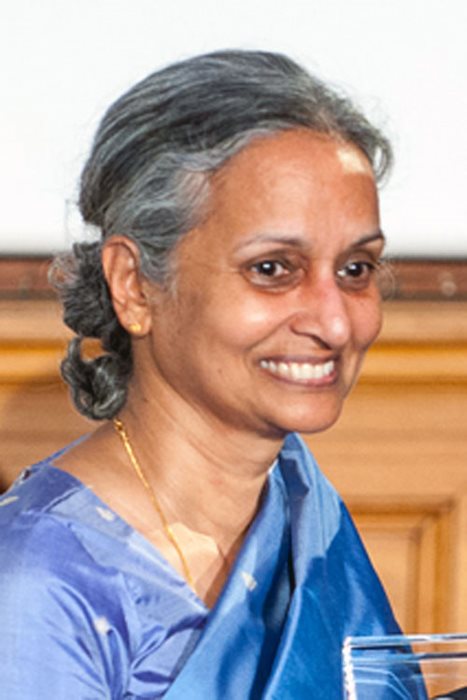
|
Name:Dr Shubha Sathyendranath Role: Merit Remote Sensing Scientist, Plymouth Marine Laboratory Information: Dr Sathyendranath's research interests include ocean colour modelling, spectral characteristics of light penetration underwater, bio-optical properties of phytoplankton, modelling primary production, bio-geochemical cycles in the sea, climate change, biological-physical interactions in the marine system, ecological provinces in the sea, ecological indicators and phytoplantkon functional types. |
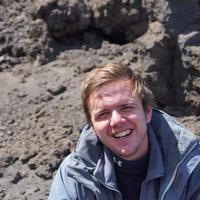
|
Name: Dr. Tom Pering Role: Member of FSFSC Information: Tom Pering is a Lecturer in Volcanology at the University of Sheffield. He is interested in the dynamics of basaltic volcanism and studies this using a combined measurement and modelling approach. Tom uses gas measurement techniques such as the ultraviolet camera and is interested in low-cost approaches including use of the Raspberry Pi micro-computer. |



